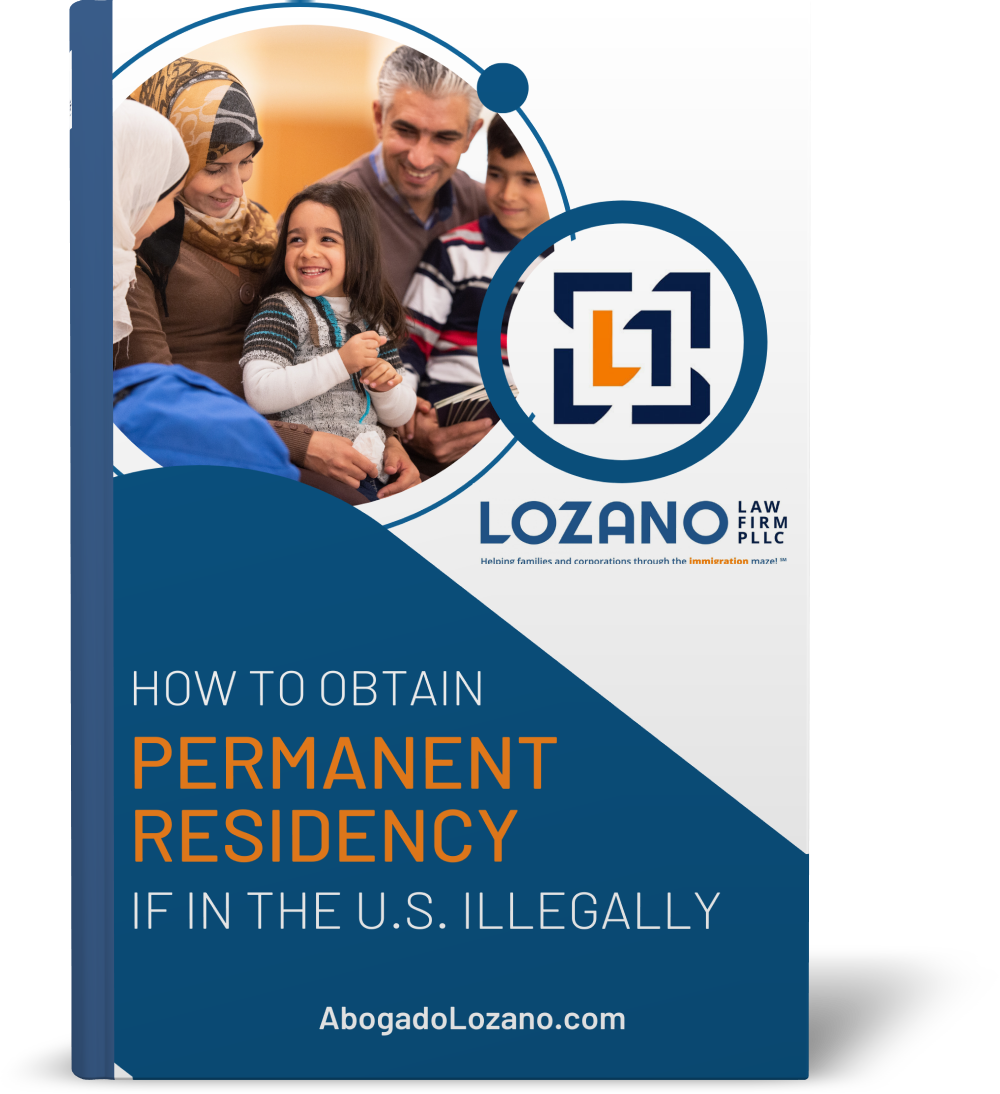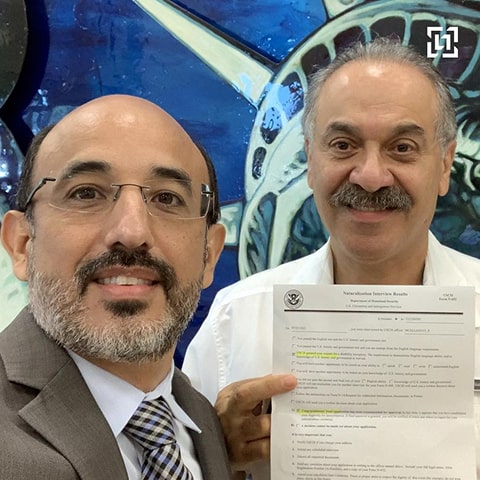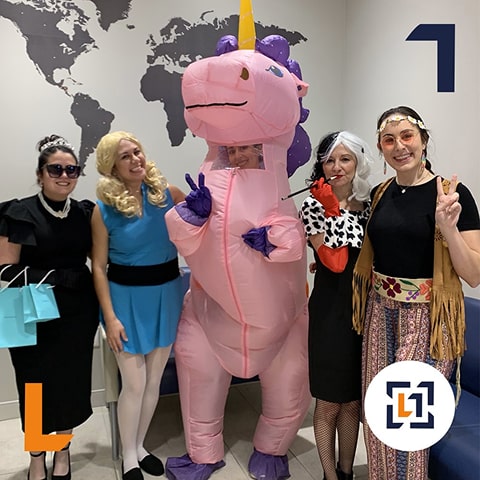The United States represents a land of opportunities, dreams, and a fresh start for many people around the world. Obtaining a Green Card, with the help of a special immigrant attorney, becomes a beacon of hope for these dreamers. However, as with most immigration pathways, the road to the coveted permanent resident card has multiple routes. Each of them is tailored for specific groups of people.
The special immigrant Visa distinguishes itself among the options. This category encompasses a diverse group, from those bravely aiding the U.S. armed forces abroad to young souls seeking refuge from abuse, neglect, or abandonment. Their reasons for moving might differ vastly, but their end goal remains unified—the pursuit of permanent residency in the United States.
Here, you will uncover the specific conditions and scenarios that allow an individual to apply as a special immigrant. Learn what makes you eligible for the category and how to apply for a Green Card.
Who Qualifies For A Special Immigrant Visa?
Getting a Green Card under this category isn’t a one-size-fits-all journey. Instead, eligibility pivots on specific, unique circumstances, offering pathways to groups with limited options. Certain individuals may apply as special immigrants. However, the criteria may differ for each of them. That’s why help from a skilled immigration lawyer will prove invaluable.
Religious Workers
Special immigrant status is available to individuals engaged in religious occupations or vocations in the United States. It includes ministers and religious workers. To qualify, applicants must demonstrate that they have been working in a religious capacity. They may be part of a religious denomination or organization for a specific period.
Afghan & Iraqi Nationals Who Assisted The U.S. Government
Afghans and Iraqis who have rendered invaluable assistance may find a pathway to special immigrant status. This is in recognition of their dedication and contributions to the U.S. government.
Eligible individuals may include, but are not limited to, those who worked as cultural advisors, drivers, and security personnel. They should have directly aided U.S. military operations, reconstruction efforts, or diplomatic missions.
Translators or interpreters for the U.S. government in Iraq or Afghanistan may apply for a special immigrant Visa (SIV). They may be facing threats as a result of their service, and these circumstances make them eligible for the Visa.
International Broadcasters
Some media personnel have contributed to media organizations operating within the United States. They can apply for specific Visa categories designed to facilitate their vital work. This includes individuals who are media members for the U.S. Agency for Global Media (USAGM) or those affiliated with USAGM grantees.
Special Immigrant Juveniles
Certain immigrant children have been abused, neglected, or abandoned by one or both parents. They may qualify for a special immigrant juvenile Visa through the SIJ program.
Special immigrant status is also available for juvenile immigrants dependent on a U.S. juvenile court. Eligible juveniles are typically those who have come under its jurisdiction due to circumstances beyond their control. These individuals usually require a court order from a state juvenile court.
Employee Of An Eligible International Organization
Retired officers or former employees of an eligible international organization or NATO may qualify for a Green Card as a special immigrant. This also applies if you are a family member of an individual who holds such a position.
This category provides a pathway to permanent residency in the United States for individuals who have served in critical roles within international organizations.
How To Apply For A Permanent Resident Card?
For many aspiring immigrants, the path to obtaining a Green Card seems wrapped in layers of complexity, much like deciphering a maze. However, when broken down, the process consists of systematic steps. Here are the procedures for applying for a Green Card as a special immigrant.
Initiate With Form I-360
The first step towards this journey is filling out Form I-360. It’s more than just a piece of paper; it’s the ticket that grants an individual the consideration for “special immigrant” status. The United States Citizenship and Immigration Services (USCIS) uses this form to categorize and process applications.
However, just submitting the form isn’t enough. It’s imperative to accompany it with crucial documents that substantiate your claim. A primary document, like a birth certificate, establishes identity and lends credibility to your application.
Background Checks & Interviews
The United States highly emphasizes the safety and security of its residents. Regardless of their category, every individual seeking residency must clear a thorough background check. This screening aims to filter out any applicant with a history of serious criminal offenses, ensuring that those entering the country align with its values and principles.
It is also crucial to prepare for an interview as one of the final steps in the application process. Authorities may ask questions regarding the petition. An experienced immigration lawyer can help you prepare for the interview and ensure a seamless process.
Wait For The Decision
With the paperwork submitted and checks done, applicants transition to the most challenging phase: waiting. The anticipation can be both nerve-wracking and filled with hope. Depending on the category one applies, the wait can span 12 months to several years.
Green Card Through Other Pathways
While special immigrant status is a great route, it’s essential to weigh it against other immigration pathways. You must determine which one works best for you based on your situation.
- Special Immigrant Vs. Employment-Based Immigration: Unlike the special immigrant category, employment-based immigration requires a job offer from a U.S. employer. Special immigrants have unique circumstances, often making their journey less reliant on external factors.
- Special Immigrant Vs. Family-Based Immigration: As the name suggests, the family-based route hinges on family ties. While some special immigrants, like family members of lawful permanent residents, might overlap with this category, SIJ or armed forces affiliates will only sometimes fit here.
Getting an experienced lawyer is essential for anyone seeking a Green Card. They can walk you through the procedures and guide you toward obtaining permanent residency.
Why Seek Help From A Special Immigrant Attorney?
Navigating the complexities of immigration law can be daunting. With so many intricacies that you need to deal with, consulting with a legal professional will prove helpful. Here’s why you must consider seeking an immigration attorney’s help.
Extensive Knowledge Of Changing Laws
Immigration rules aren’t set in stone. They evolve, reflecting the changing dynamics of the country’s political and socio-economic landscape. While you might be engrossed in planning your future, keeping up with these shifts can be challenging. An immigration attorney lives and breathes these laws. Their finger stays on the pulse, ensuring they’re always aware of new changes, helping you avoid potential pitfalls.
Efficient Documentation Management
The paperwork involved in immigration can be extensive and, at times, perplexing. There’s a lot to manage, whether sourcing an official birth certificate or meticulously filling out the Visa application. An attorney eases this burden. They organize, compile, and review all necessary documents, ensuring each detail aligns with requirements.
Effective Representation In Complex Cases
Every immigration story isn’t straightforward. Some involve heart-wrenching backgrounds like abuse or neglect. In scenarios that require presenting evidence before entities like a juvenile court, an attorney’s help becomes critical. They stand by your side, presenting your case in the best light and advocating for your rights. Their experience can tilt the scales, transforming potential rejections into approvals.
Your Pathway To A Green Card Awaits

If you ever find yourself lost or unsure about the process, Lozano Law Firm is just a call away. Our team of experienced Green Card lawyers is ready to guide, advise, and assist you through every twist and turn. Trust in our assistance to bring you one step closer to realizing your American dream.
Summary
Obtaining a Green Card as a special immigrant is one of the ways to live and work in the United States indefinitely. Unlike traditional avenues, this category caters to unique circumstances, providing hope to those who might not fit conventional molds.
Whether affiliated with the armed forces, seeking refuge, or reuniting with family, the special immigrant pathway offers a way forward. Those involved in religious worship, government aid and employment, and protected juveniles can also get a special immigrant Visa.
Going through the complexities of immigration law requires experience and skills, making an immigration lawyer invaluable. With deep knowledge of evolving laws, efficient documentation management, and effective representation, they can guide applicants through challenges.




















